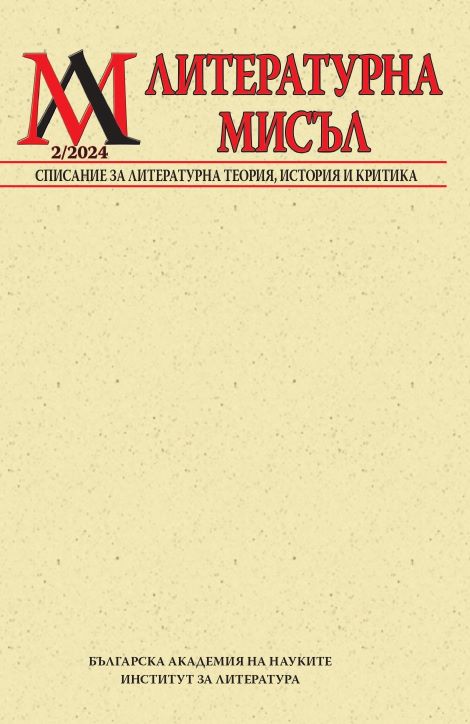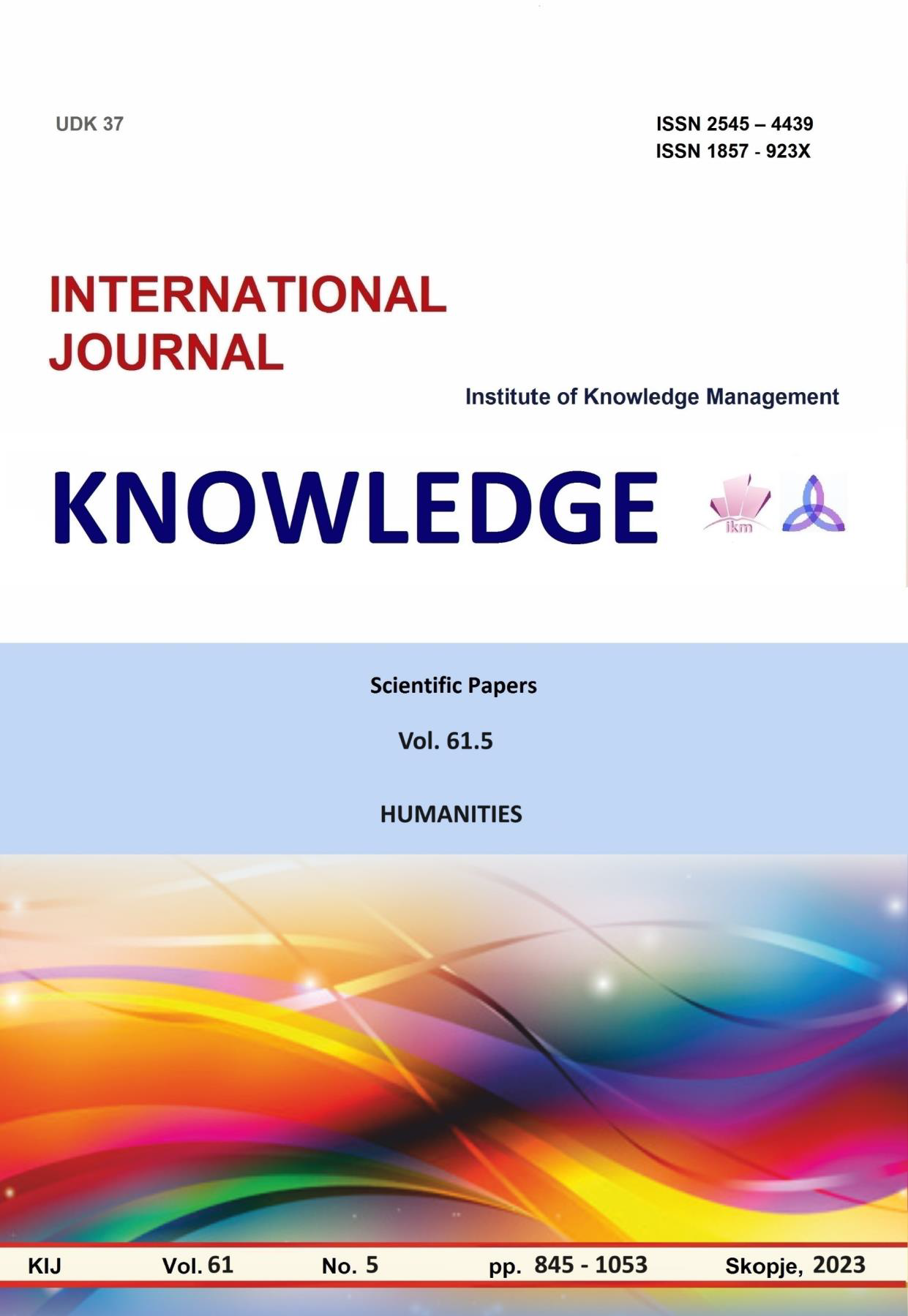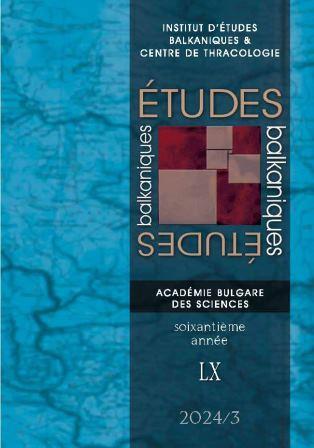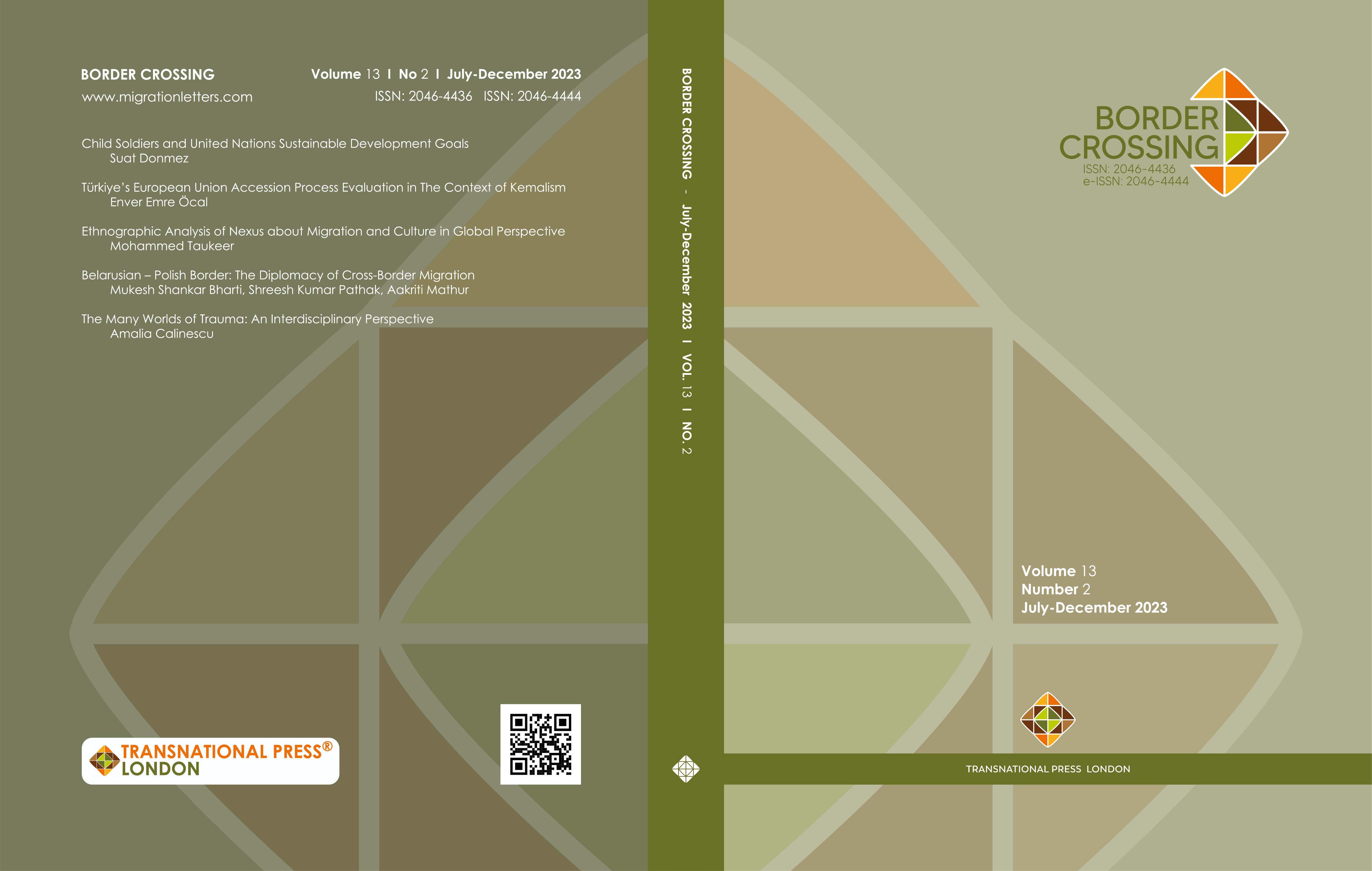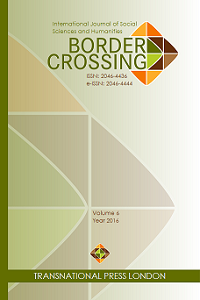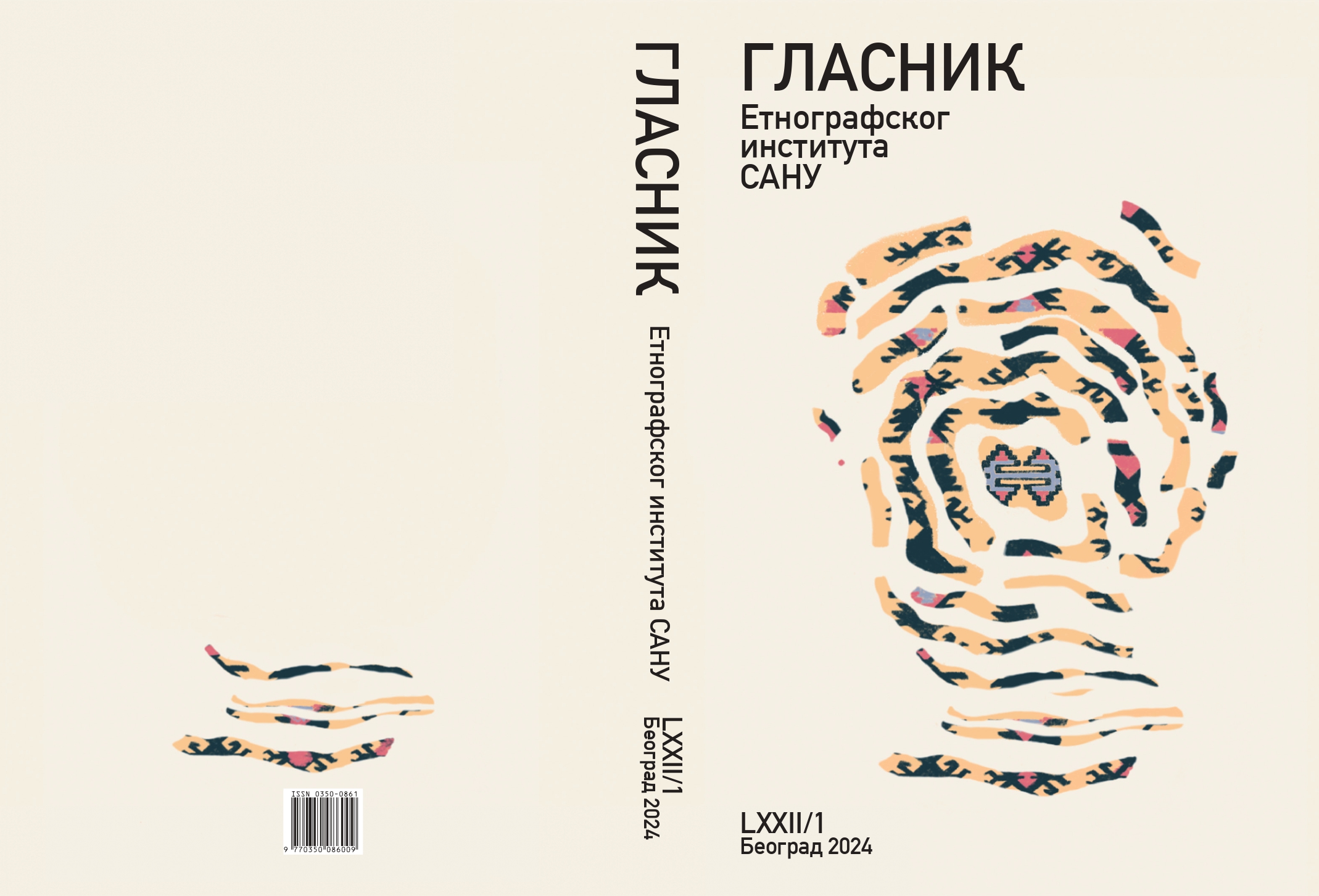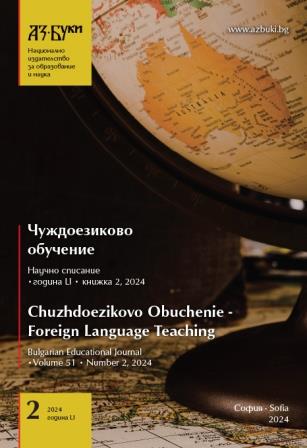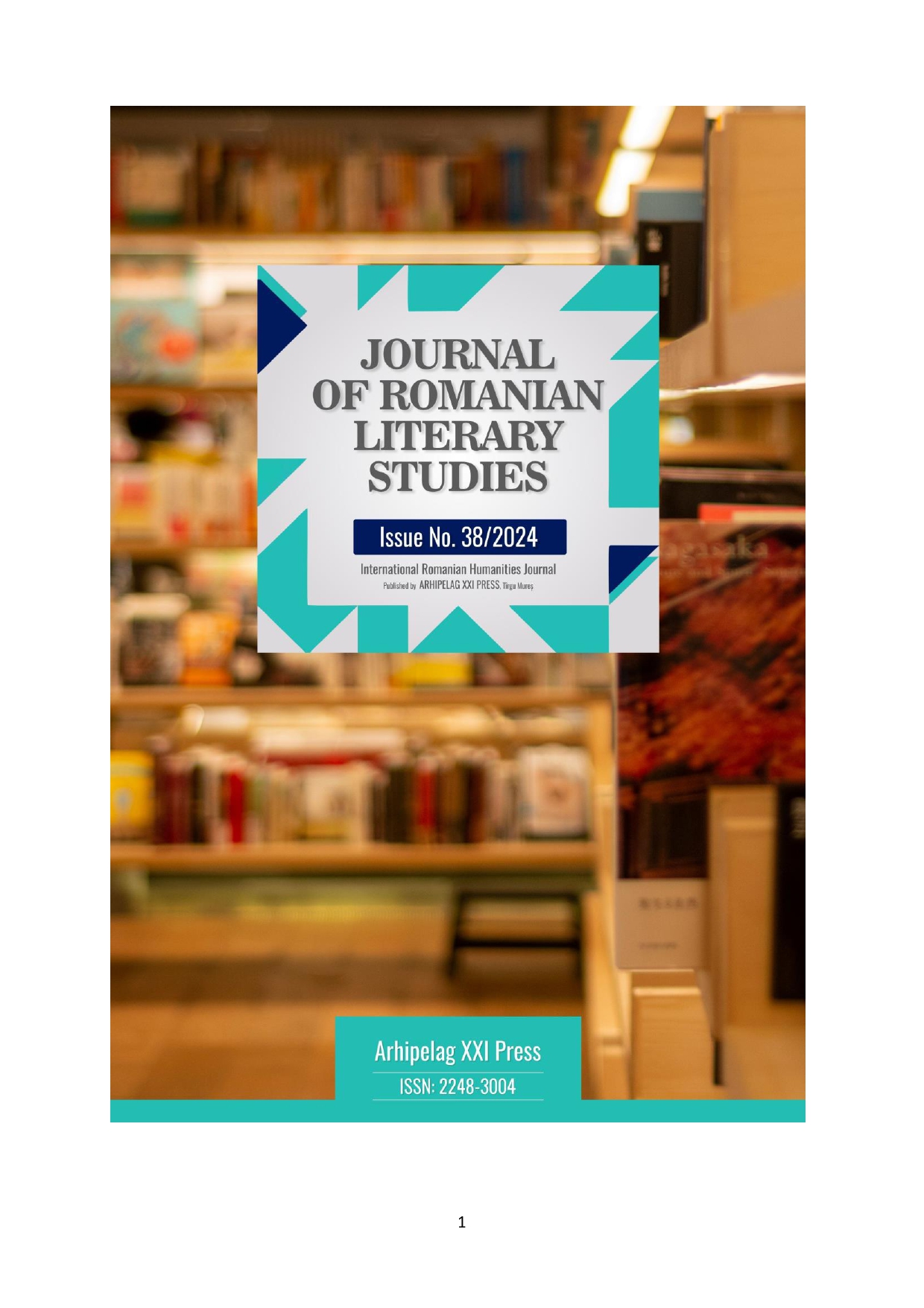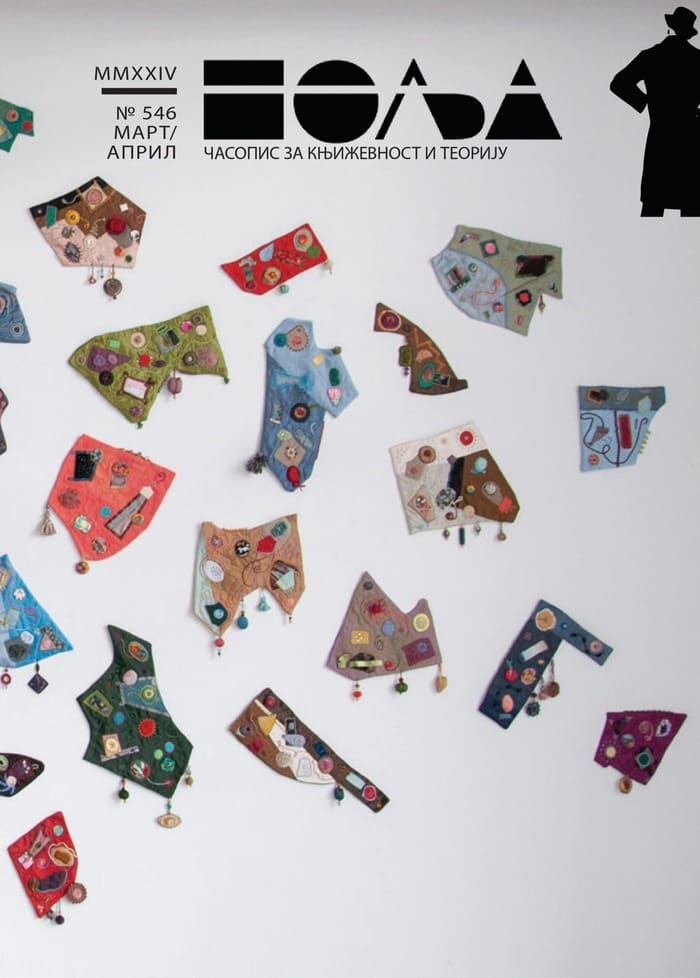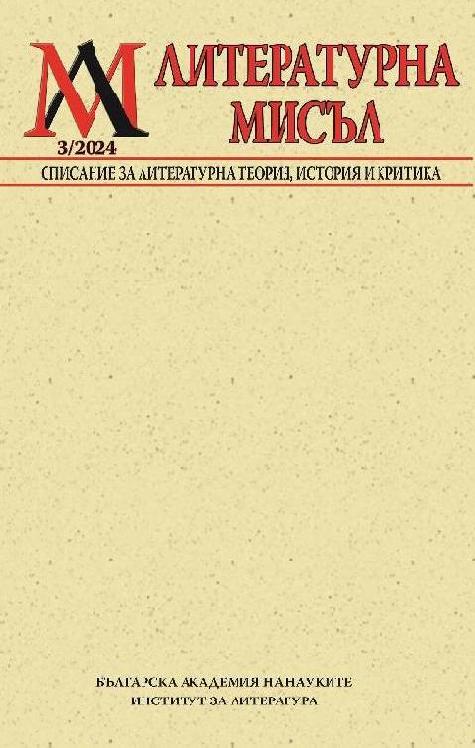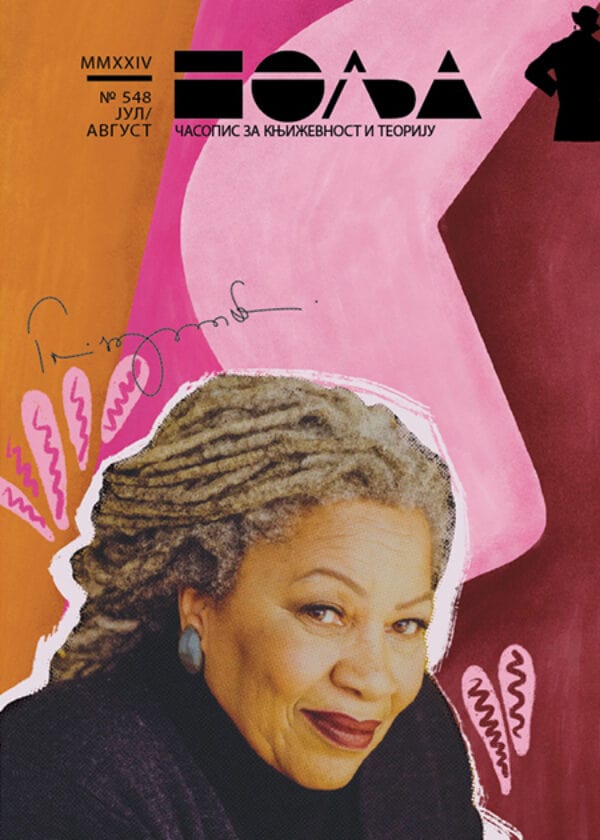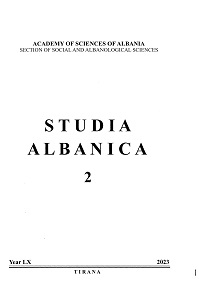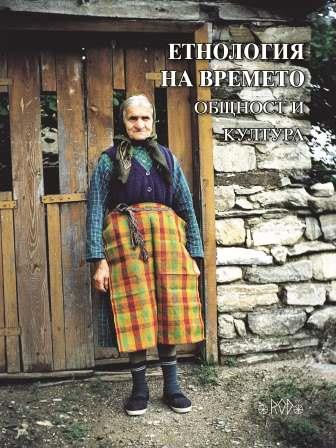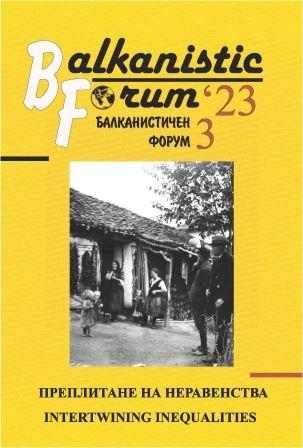
Жени на фронта през 1944/1945: образи и сюжети
The article juxtaposes normative sketches written during the time of the People’s Re-public of Bulgaria (NRB), which build a collective image of the volunteers of the Second World War, and authentic life stories, in which literary raw moments captured in archival materials (letters, memories, diaries, tapes) are discovered, or interviews published in the 21st century. The collective essay model, created in the prism of social realism by Dimitrina Shtereva, published in the two representative books popularizing the exploits of military women in the 1960s, has been accepted as the norm. In the second part, the archived essay of the well-realized Zdravka Hristova processed in the prism of social realism is closely examined. Comparatively, to these collective and individual images, the literary silhouette of the military correspondent Frülinka Novachkova, who has no other biography than what was said in the obituaries on the occasion of her supposed death, is close.
More...
